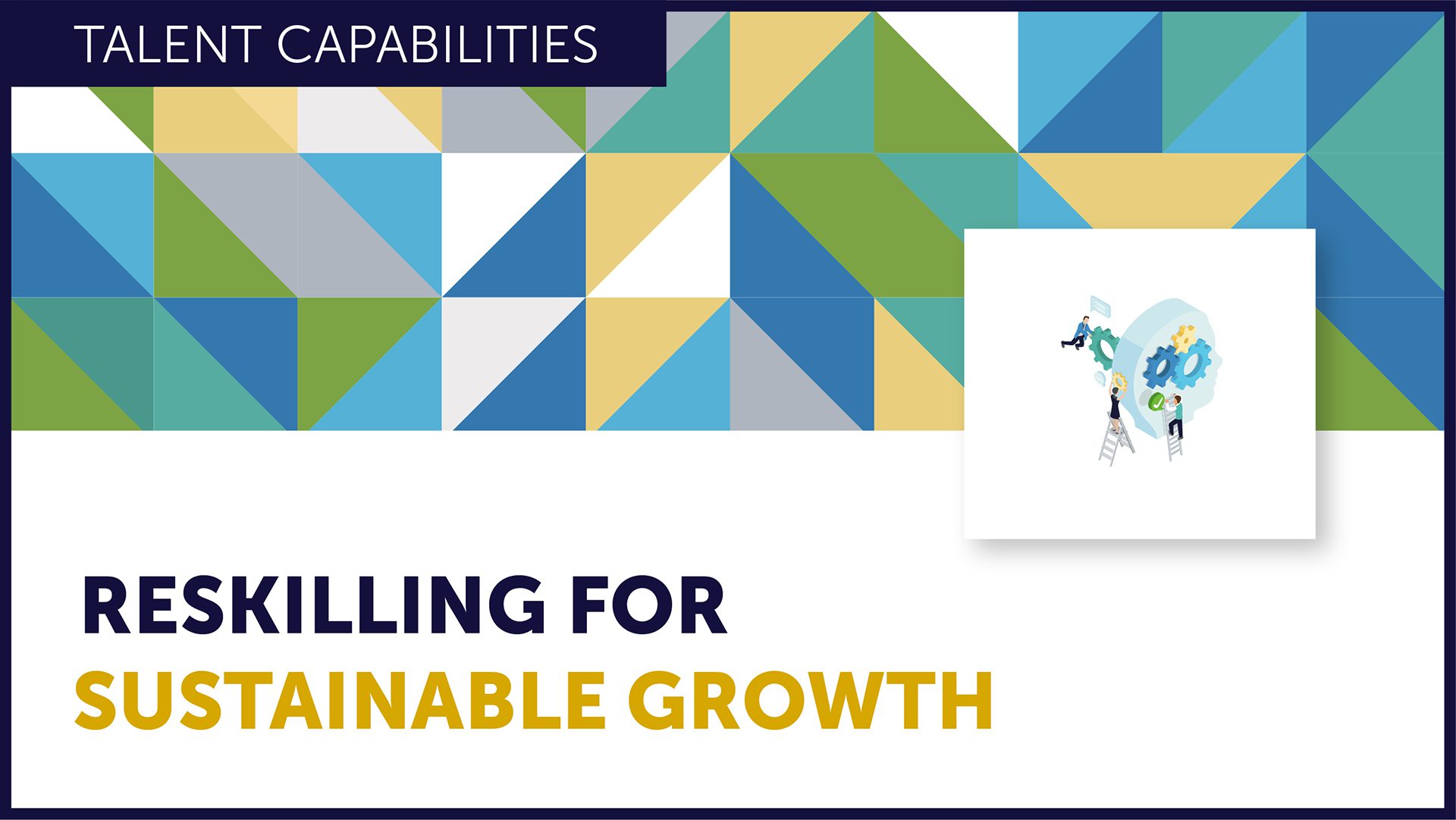Talent, Leadership and Learning
Blog: Investing in HR Careers – Why It Matters for Future Success
As the business landscape continues to evolve, so too does the role of Human Resources (HR). Once viewed primarily as a support function, HR is now seen as a strategic partner, integral to driving business success. Despite this shift, many HR functions struggle to invest in the career development of their own teams. For senior HR professionals, investing in HR careers is not just a matter of individual growth – it is essential to the long-term capability of the entire organisation.
The Changing Nature of HR Careers
Traditional career paths in HR, characterised by upward movement within a single organisation, are becoming less common. Instead, HR professionals are increasingly finding themselves navigating more fragmented, market-driven career paths. Studies have shown that today’s HR careers are less about climbing the corporate ladder and more about seizing unpredictable opportunities and developing cross-functional expertise.
While this new reality offers greater flexibility and mobility, it also presents challenges for organisations trying to retain and develop their top HR talent. Many HR functions are still structured around old models that limit job rotation and experiential learning. As a result, talented professionals may seek opportunities elsewhere if they feel their development is stalling. Organisations that fail to invest in the careers of their HR teams risk losing their most valuable assets at a time when the competition for top talent is fiercer than ever.
Why Organisations Must Invest in HR Careers
HR professionals today are expected to do more than manage personnel – they are responsible for helping the organisation navigate complex business challenges. This shift in expectations makes it even more critical for HR professionals to develop a broad skill set that goes beyond traditional HR functions.
- Strategic Leadership: To truly contribute at the executive level, HR professionals need to understand the business inside and out. This means acquiring commercial acumen, learning how to manage change, and gaining experience in leadership roles. Investing in the careers of HR professionals by providing them with exposure to different parts of the business can help build the strategic capabilities they need to succeed.
- Future-Proofing HR Capabilities: The future of HR will require new skills in areas like data analytics, technology, and employee experience design. By investing in development today, organisations can ensure that their HR teams are prepared to meet the demands of tomorrow. Providing HR professionals with training in these emerging areas will make them more agile and adaptable to future business needs.
- Talent Retention: The labour market for HR professionals is becoming increasingly competitive, with external hiring becoming more difficult due to a shrinking talent pool. Organisations that invest in the development of their internal HR teams can create a deeper talent bench, reducing the need to rely on costly external hires. Moreover, providing clear career development pathways can increase employee loyalty and reduce turnover.
Practical Steps for Investing in HR Careers
So, how can senior HR leaders take action to invest in the development of their teams? Here are a few practical approaches:
- Create a Structured Development Framework: Many successful organisations have established formal career development frameworks for HR professionals, combining training, job rotations, and stretch assignments. For example, one leading technology company focuses on planned rotations and international assignments to give HR professionals a wide range of experiences.
- Provide Cross-Functional Opportunities: One of the best ways to develop HR professionals is to give them experience outside of HR. Cross-functional moves allow HR leaders to gain broader business knowledge, making them more effective strategic partners. Encouraging movement between HR and other functions can also help HR professionals build a diverse skill set.
- Focus on Experiential Learning: Development doesn’t always have to take place in a classroom. Many leading organisations emphasise experiential learning, such as involvement in strategic projects or temporary assignments in different areas of the business. These opportunities provide hands-on learning that is directly applicable to the challenges HR professionals will face in their roles.
- Leverage Technology and Data: The use of HR technology and data analytics is becoming essential for future success. Investing in tools that allow HR professionals to understand and interpret data will help them make better decisions and contribute more effectively to business strategy.
Conclusion
Investing in the careers of HR professionals is not just about individual growth – it is about building the long-term capabilities of the HR function and, by extension, the entire organisation. As the role of HR continues to evolve, senior HR leaders must prioritise development to ensure their teams are equipped to meet future challenges. By creating structured development plans, encouraging cross-functional experience, and focusing on both formal and experiential learning, organisations can build a strong HR talent pipeline that will drive future success.
Author: Nick Holley, Director, CRF Learning



